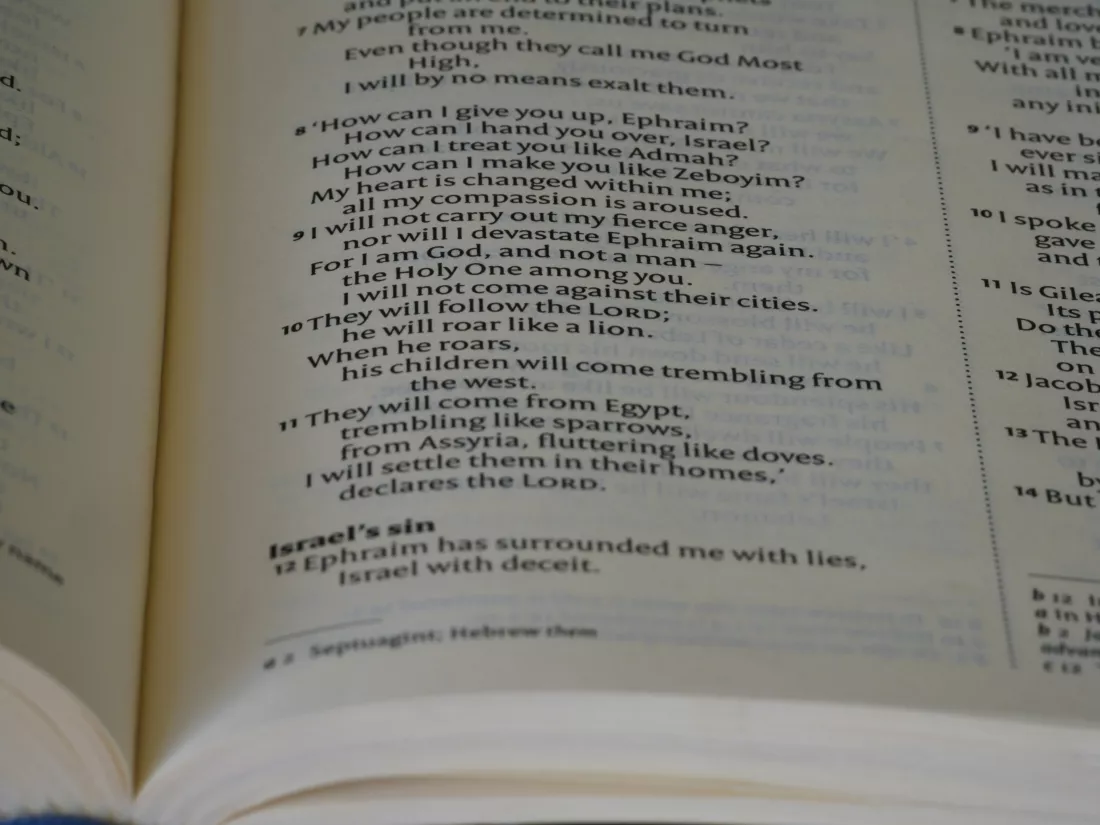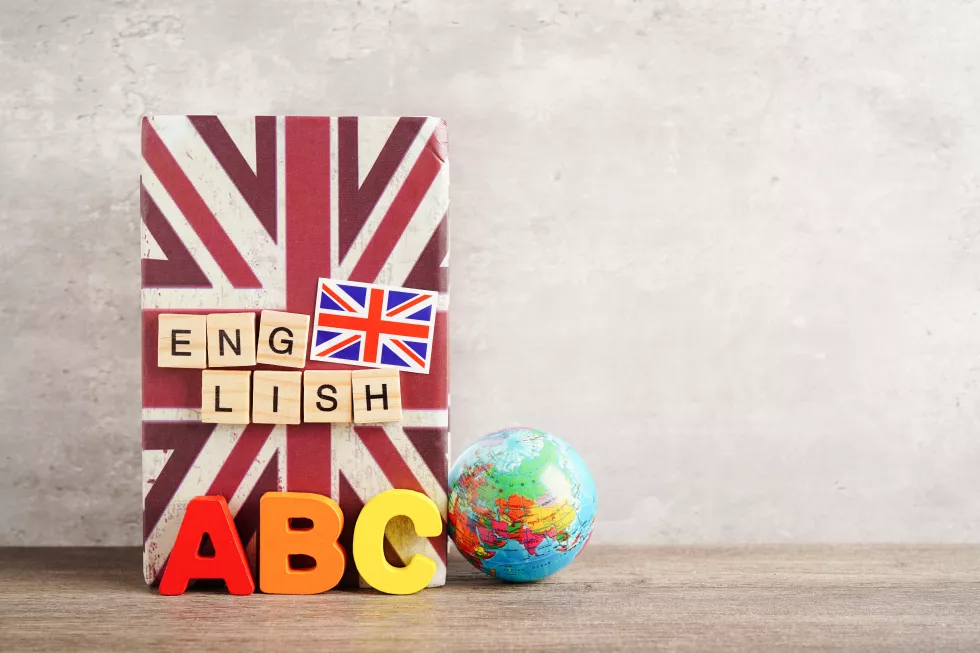Now the philosophy of life, in its highest range at least, is a divine science of experience. This experience, however, is throughout internal and spiritual. It is therefore easily conceivable that it can enter readily and easily into all other experimental sciences, and into those especially which more immediately relate to man, as, for instance, most of the branches of natural history, and still more into philology, with which at present we are most immediately concerned. And this it does, in order to borrow such illustrations and comparisons as may tend to elucidate or further to develop its own subject-matter, or else to furnish applications to individual cases in other departments of life. However, in thus proceeding, philosophy must take heed lest it overpass its own proper limits or forget its true end and aim. It must not go too deeply into particulars, or lose itself among the specialities of the other sciences. On the contrary, it ought carefully to confine itself to those points which more immediately concern man, and especially the inner man, and, adhering to the meaning and spirit of the whole, seek to elucidate and throw out this pre-eminently.
Friedrich Schlegel, The philosophy of life, and philosophy of language, in a course of lectures


